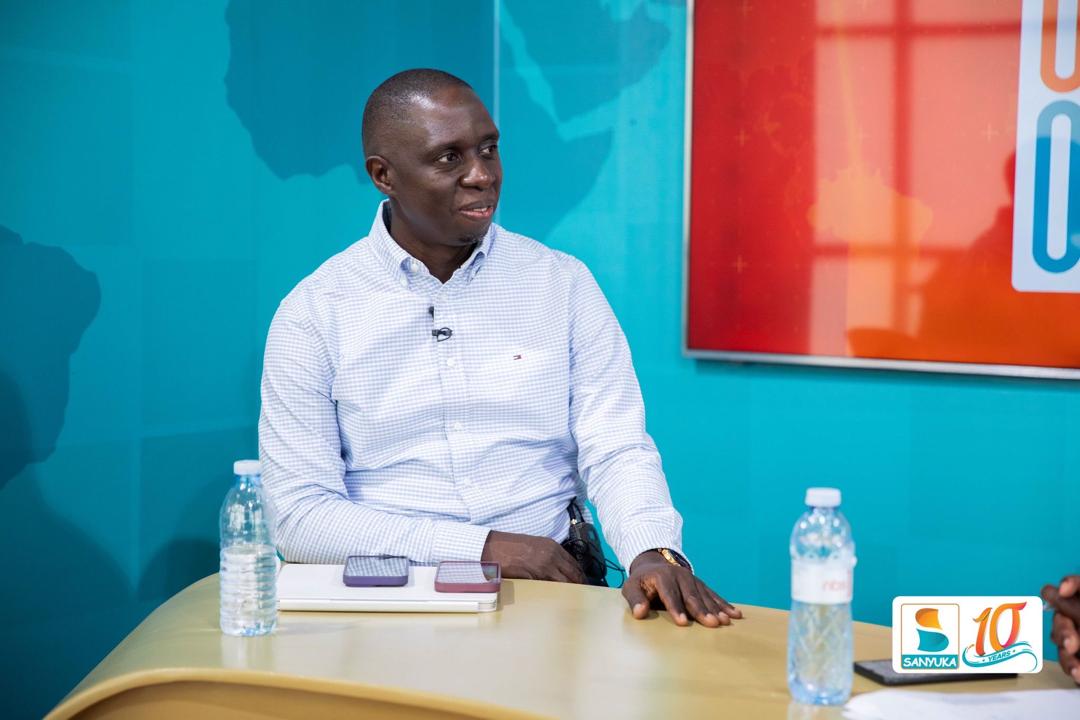Outgoing Kampala Central MP Muhammad Nsereko has urged Ugandans to embrace a new generation of leadership and ensure a peaceful political transition, stressing that democracy can only thrive when citizens actively participate and hold leaders accountable.
Speaking on Sanyuka One on One on Wednesday, Nsereko appealed for Ugandans to re-examine the purpose and spirit of elections.
He noted that while parliamentary nominations are ongoing nationwide, there is a noticeable decline in political engagement.
“Our political argument is simple — the country deserves to see new leadership and a peaceful transition. Ultimately, it is only a matter of time before people choose the leader they truly want,” he said.
First elected in 2011 on the NRM ticket, Nsereko later became a vocal critic of the party after disagreements during the 9th Parliament. He successfully retained his seat as an Independent candidate in subsequent elections.
Ahead of the 2026 elections, Nsereko expressed interest in contesting the presidency under the Ecological Party of Uganda (EPU) but was barred from the ballot, citing irregularities by the Electoral Commission.
Despite this, he remains committed to democratic reform, economic empowerment, and civic awakening.
Reflecting on his parliamentary service, Nsereko thanked the people of Kampala Central for their trust. “I have made my contribution, and I’m proud of what I have achieved,” he said.
He also warned against voter apathy, urging citizens to participate thoughtfully in elections.
“The real issue is not just attending rallies, but actually listening to the message. It is your right to vote — and equally your right not to vote for anyone if they do not fit your vision,” Nsereko said.
Commenting on governance, he criticized Uganda’s oversized Parliament, arguing that the country cannot sustain a legislature of its current size.
“Given the state of our economy, Parliament should have had at least only 100 MPs. Free handouts discourage people from working,” he said.
Nsereko concluded by highlighting the lack of enthusiasm in the ongoing nomination process, suggesting that Uganda’s political climate is losing the vigor once characteristic of its democratic seasons.


